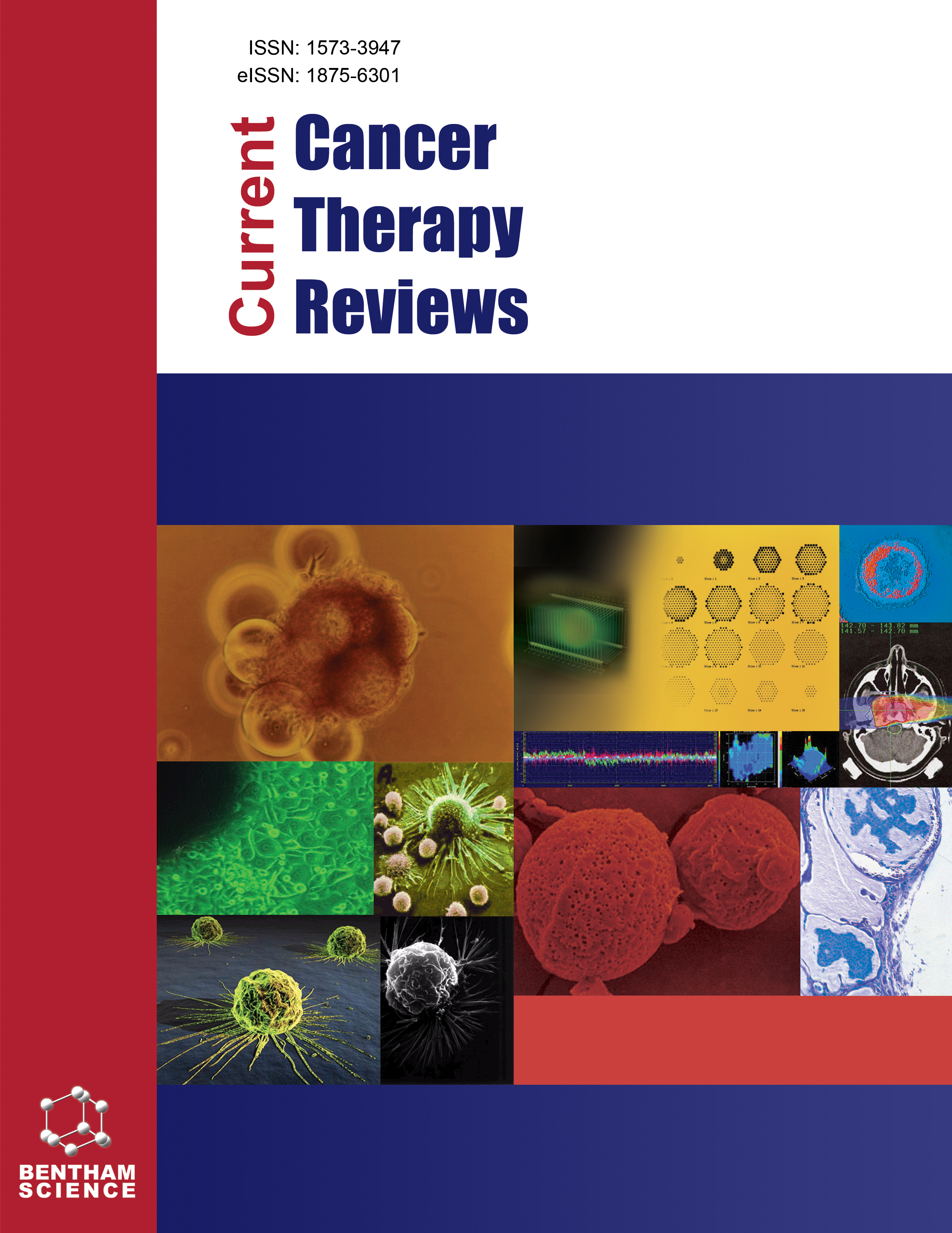
Full text loading...

The gut microbiome is increasingly recognized as playing a critical role in the prognosis and progression of gastrointestinal cancers, although its underlying mechanisms remain largely unelucidated. This review provides a thorough summary of current research investigating gut microbiome signatures as prognostic biomarkers in gastrointestinal cancers. We present an overview of recent studies examining microbial signatures as potential biomarkers for various gastrointestinal cancers, and discuss the potential benefits and challenges of employing these signatures in prognostic applications. Furthermore, we explore how these microbial signatures can be harnessed to enhance the detection, prevention, and treatment of gastrointestinal cancers, highlighting their clinical implications and future directions in cancer management.

Article metrics loading...

Full text loading...
References


Data & Media loading...